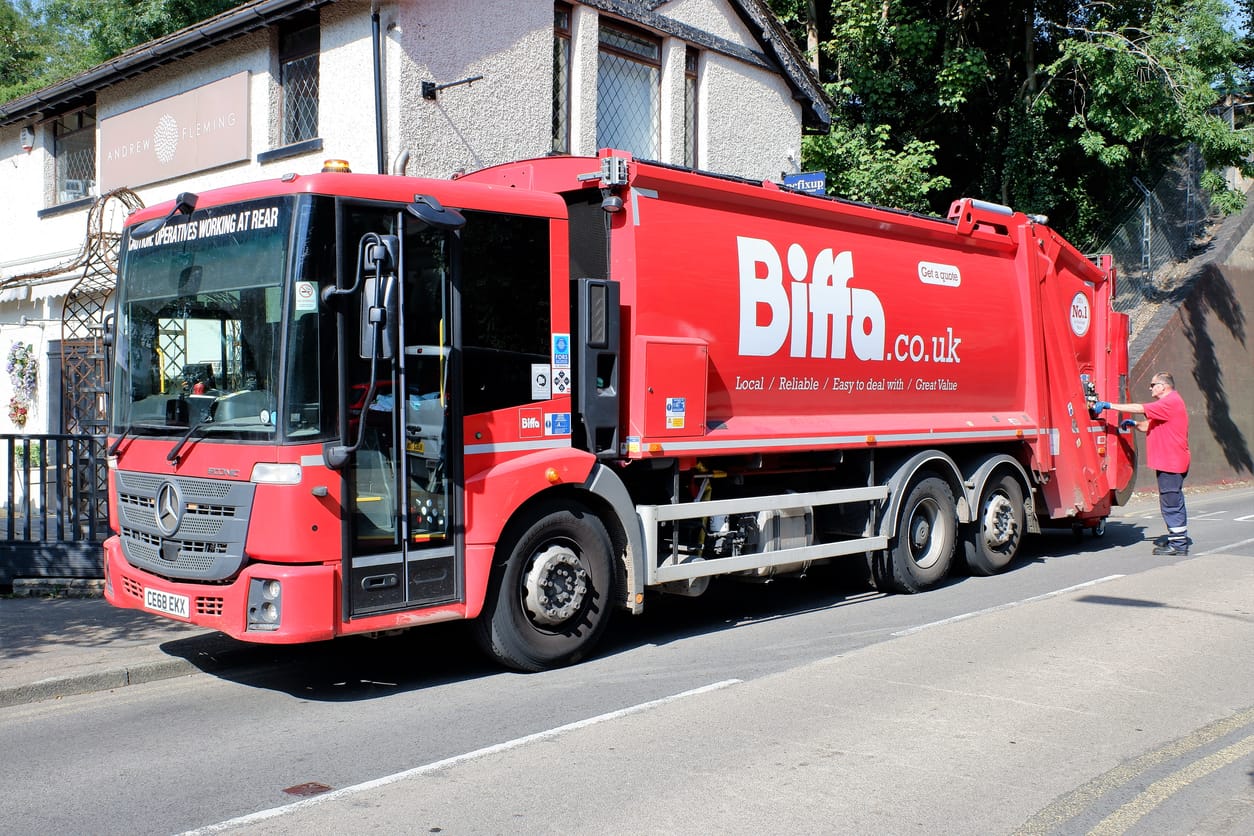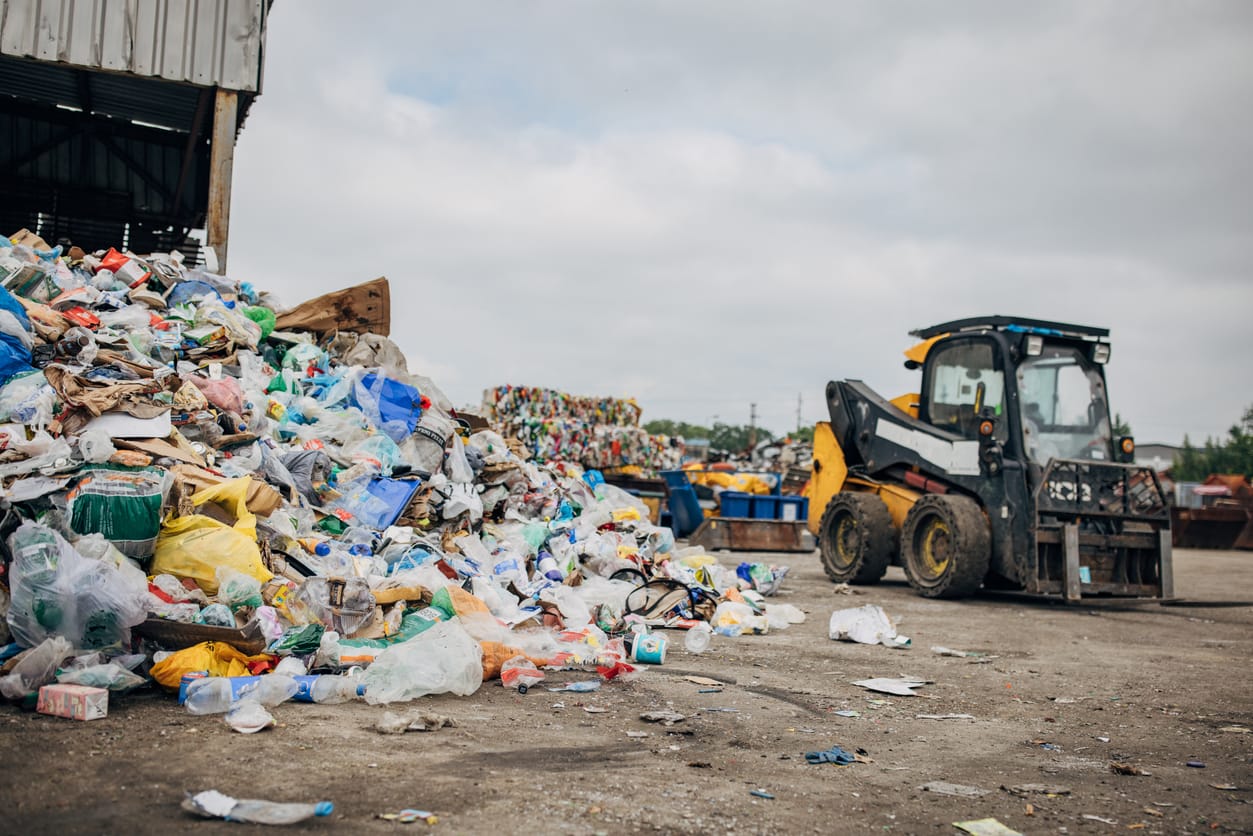Pick from our related articles...
You can find us on
Keep yourself up to date with Let's Recycle It latest news
The COP 26 Climate Change Summit Neglected Recycling. Why?
I’ve just been out to my recycling bin before sitting down to write a short article about where the waste recycling industry fits in with the looming menace of climate change. This article is highlighting the importance of recycling and waste management in the fight against climate change, and the lack of focus it received at the recent COP 26 climate summit.
I admit that I did not follow the discussions and proceedings at COP 26 as closely as I should have. However, before starting my research on this article, I would have been confident that waste and recycling issues were high on the agenda.
How wrong I was!
COP 26
COP 26 was an international gathering of world leaders hosted in Glasgow back in November. We all watched the news of flashing images and cavalcades of expensive cars, moving the powers that be around Glasgow. The participants were from most countries (albeit a few of the most polluting countries who were conspicuous by their absence) to discuss a road map to slow down climate change, or at least cap the global temperature increase to 2°C.
However, it appears waste and recycling were hardly discussed at all. Waste industry figures have deplored the sector’s minor role at COP 26. Waste and recycling are not even referred within the final agreement, which I find astonishing.
The recycling chief executive, Simon Ellin stated “I was disappointed that at COP 26 there was very little discussion on how the recycling and waste sector can help to mitigate climate change”. COP 26 recognised the importance of reducing methane gases, of which landfill is a significant contributor. In other words, the less that goes to landfill, the less methane is deposited into our fragile atmosphere.
Let’s talk about plastics then. The amount of energy required to manufacture one tonne of virgin polymer is four tonnes of coal and oil combined (coal to produce the heat for the steam in the power stations to run the turbines, and oil which we all know is the base commodity of plastics). The CO2 emissions globally from this process alone is staggering! I appreciate that there are products that need to be manufactured from virgin polymer, for example in the automotive industry, the hi-tech sector, the food industry and the medical industry, but not to take the recycling of millions of tonnes of recycled plastics seriously is madness.
Prime Minister Boris Johnson was even heard to say off camara at COP 26 that recycling “doesn’t work”. If that’s the case, why, in the UK alone, are thousands of trucks and containers shipping recycled film, rigids etc to recycling plants? Currently, the UK’s recycling sector is not properly equipped to deal with the majority of high yield recyclates; there are many reasons for this, such as the costs required for labour and power. But this is exactly why the UK government needs to support the recycling industry, not dismiss it.
Climate Change
I am not arguing that COP26 was a complete waste of time; cooperation between governments and a collective acknowledgement of the seriousness of climate change are absolutely critical steps in being able to do something about it. But key figures and relevant experts from the waste and recycling industry should have been given a significant platform to highlight the many vital benefits of recycling and reuse. This goes not only for the plastics industry, but for glass, cardboard, food to energy, waste to energy and more.
Simply, the more we reuse and recycle materials, the less energy is required to produce virgin materials in the first place. Admittedly energy is still required to recycle, but it’s a small fraction in comparison to manufacturing these materials from scratch!
In the UK recycling industry alone, 50 million tonnes of CO2 emissions are avoided due to waste recycling. That’s the equivalent of taking 10 million cars off the UK roads each year. Or in other words, the UK recycling industry manages 221 million tonnes of waste every year, equating to 3 tonnes per person.
It is glaringly obvious to anyone taking an interest at this critical juncture in the world’s future that recycling and waste management must be taken more seriously. Perhaps the powers that be at COP 26 should sit down and have a longer think about the value of recycle and reuse. After all, waste isn’t going away any time soon, and it is our obsessive use of plastic that has been a major driver of climate change the major driver behind the devastating plastic pollution problem around the world.
Changes in the UK recycling and reprocessing infrastructure for plastics needs to be made as a matter of urgency. We should be learning from our European counterparts how we can most efficiently turn our waste in valuable resources. We should be pushing recycling plants in the UK to split their annual tonnage between post-production and post-consumer waste sources, and we should be pushing the government to help them make this viable.
Let’s Recycle It Ltd offers hundreds of tonnes of post-consumer materials to UK processing facilities on a daily basis, only to be told it is too dirty. The UK government needs to offer processors the assistance they need to be able to handle these materials if we are going to make the goal of a fully circular economy an achievable one.
The lack of a dedicated strategy in both the UK and Ireland for managing our own plastic waste, coupled with insufficient access to suitable plastic recycling facilities, is a major challenge for both nations. At Let’s Recycle It Ltd, we have been working closely with scientists at York and Queen’s University to develop new ways of recycling the most challenging materials; while we will continue to do everything we can, we need a commitment from the government to work with the industry to let us do what we do best.
Follow us to stay up to date on our latest news
If you would like to receive our newsletter to keep up to date with Let’s Recycle It news and to receive marketing information regarding our services, please let us know:


